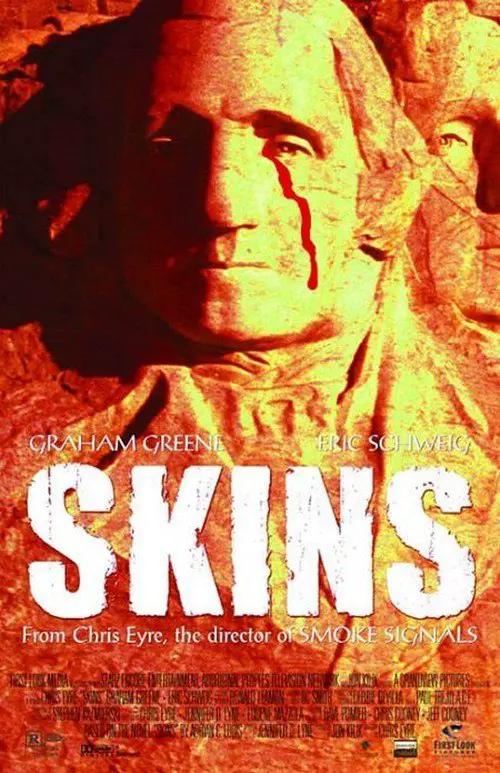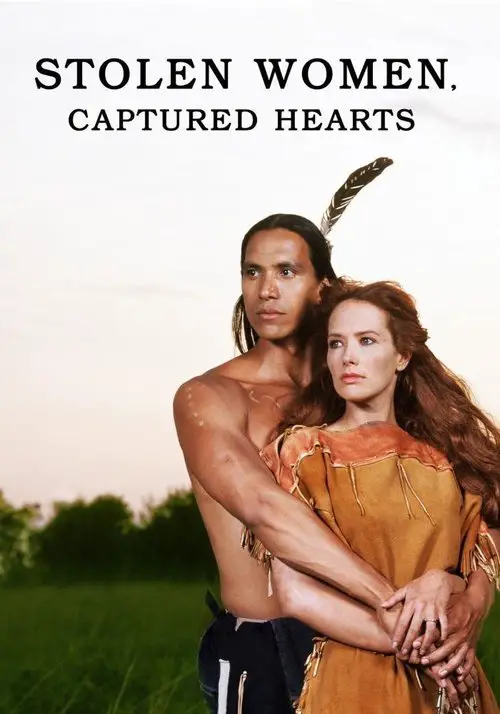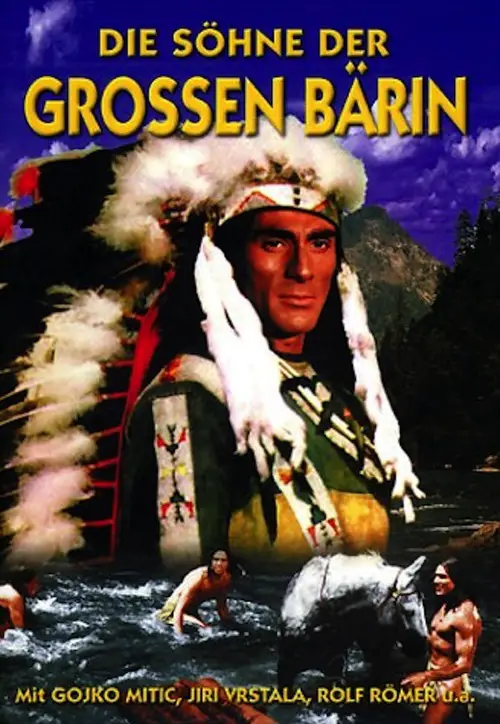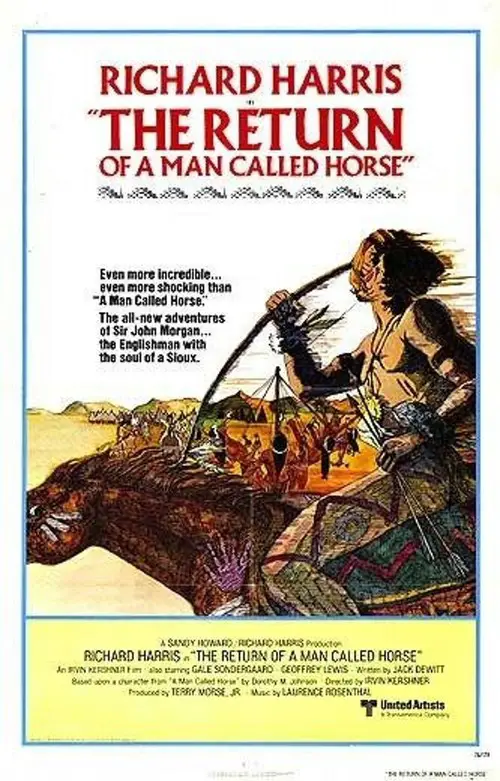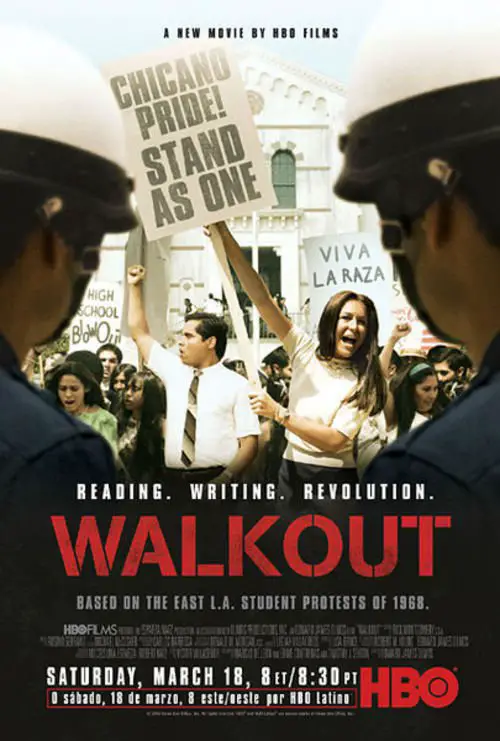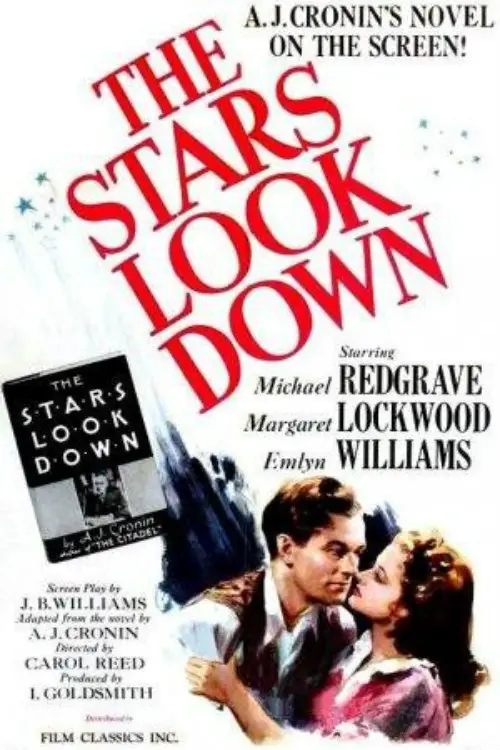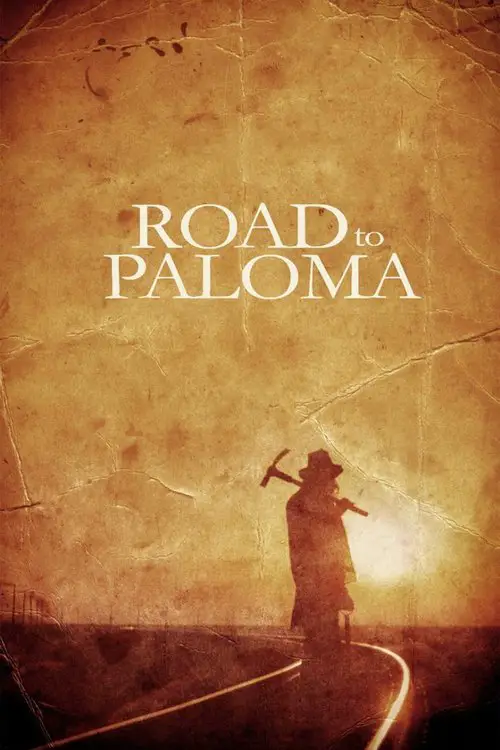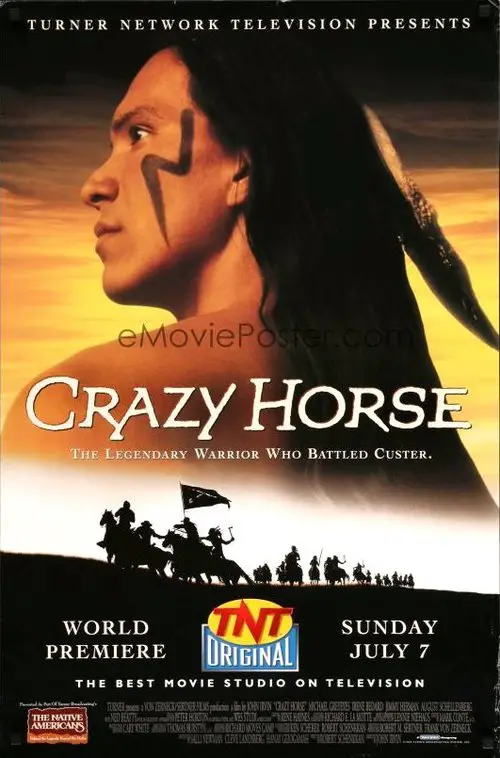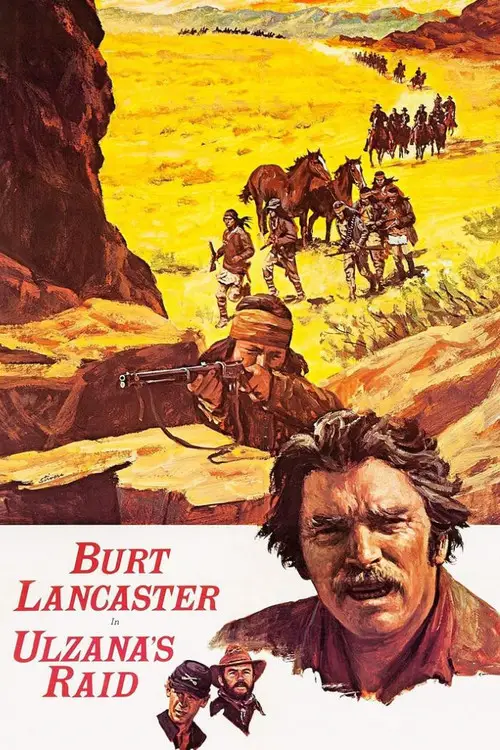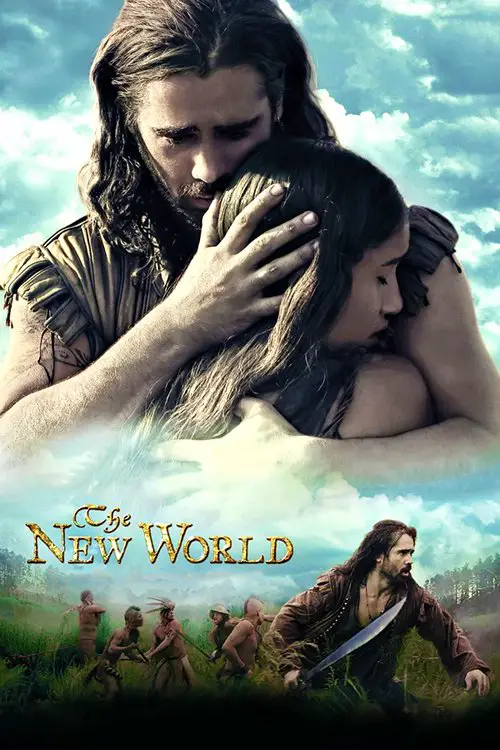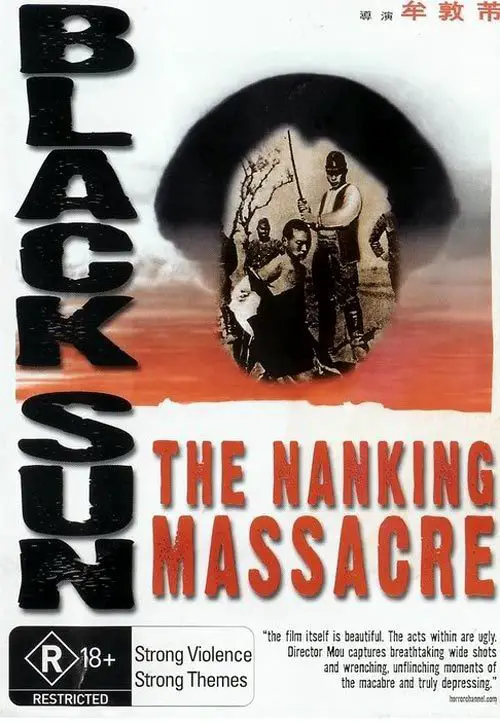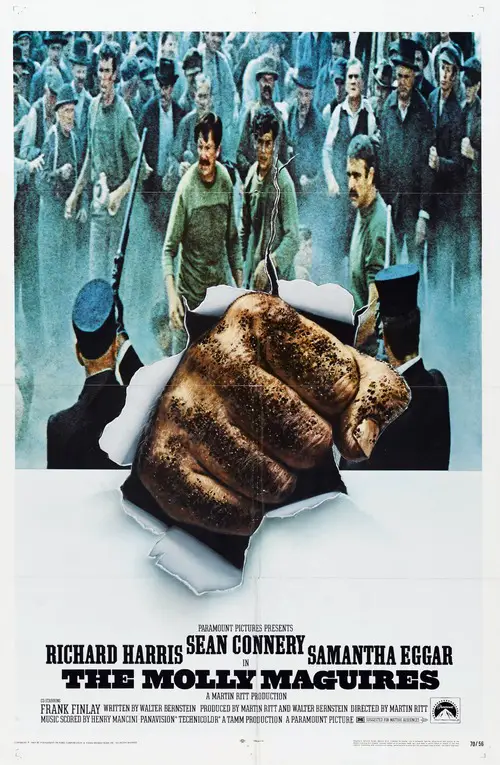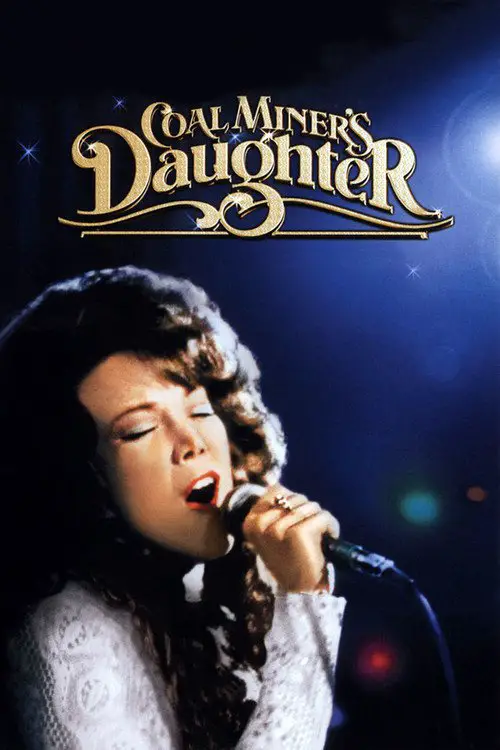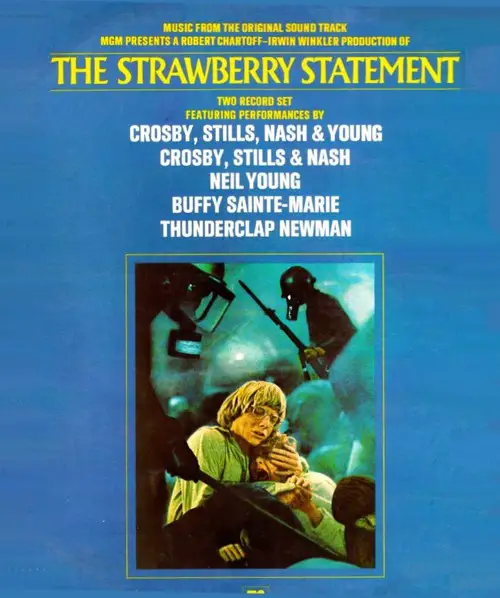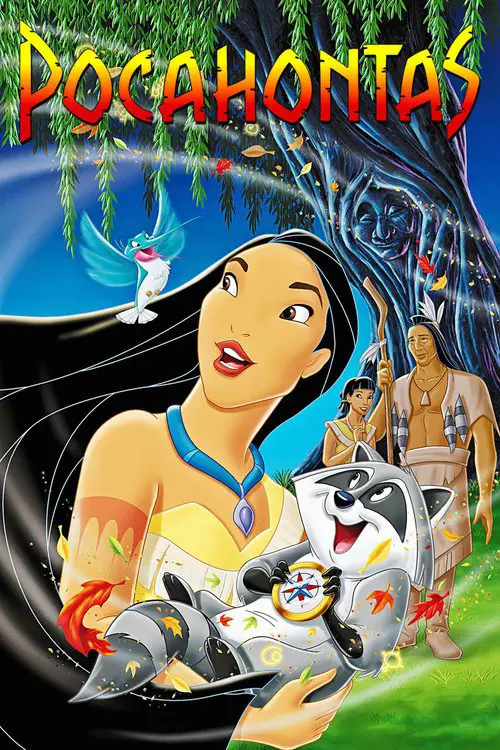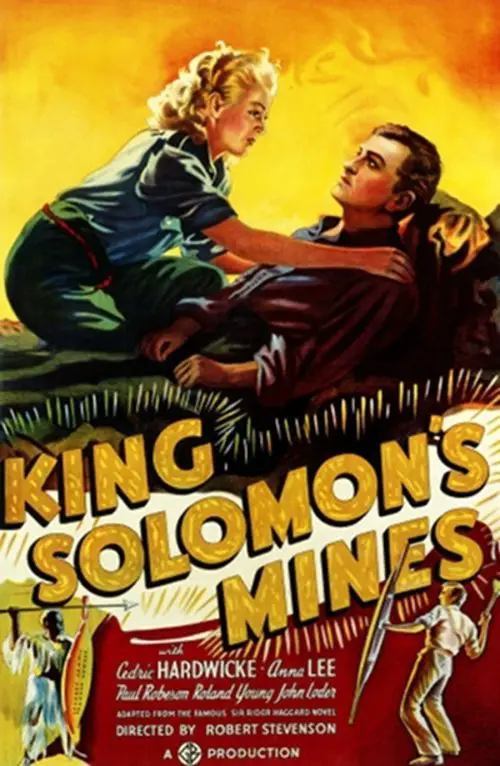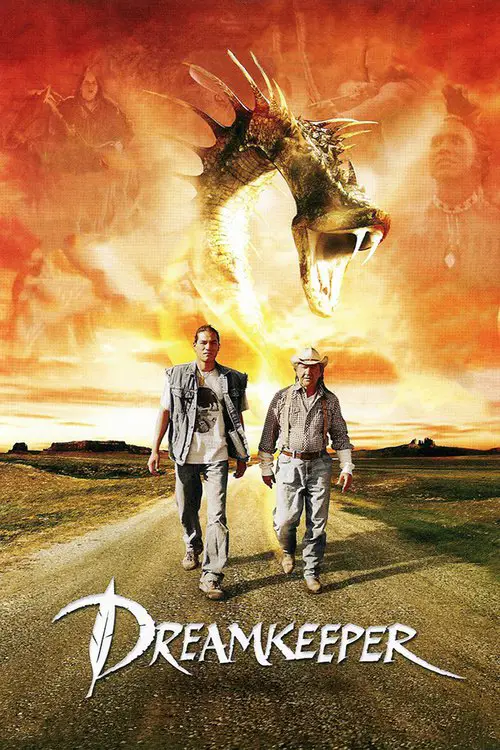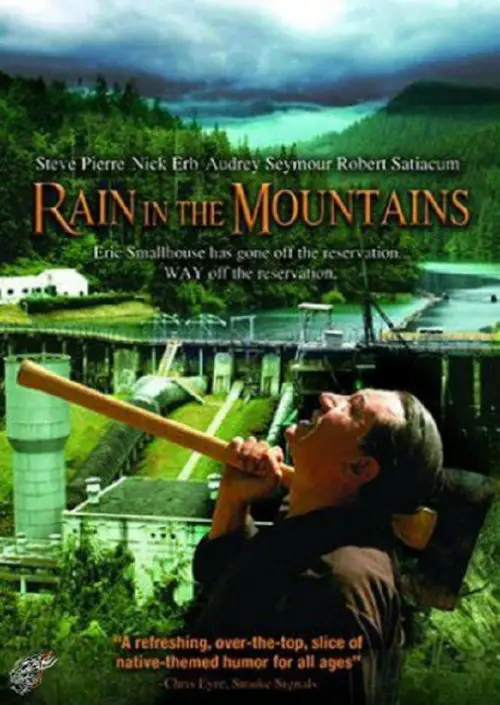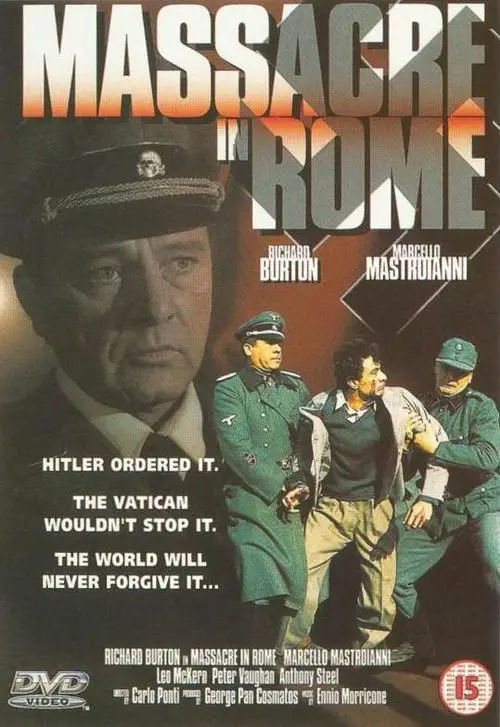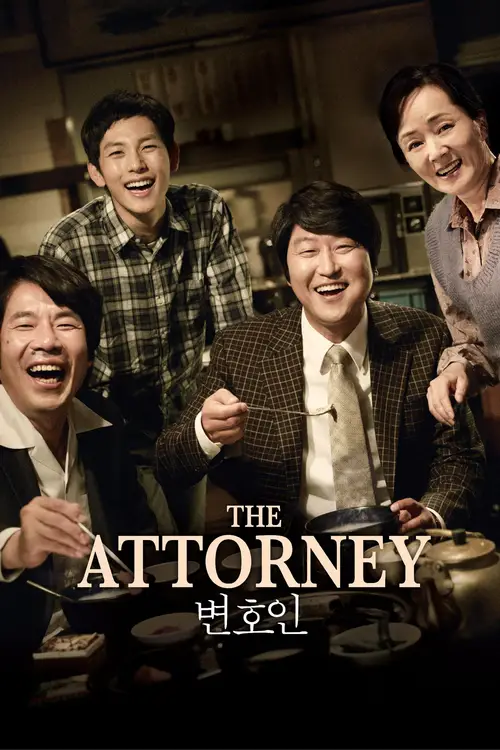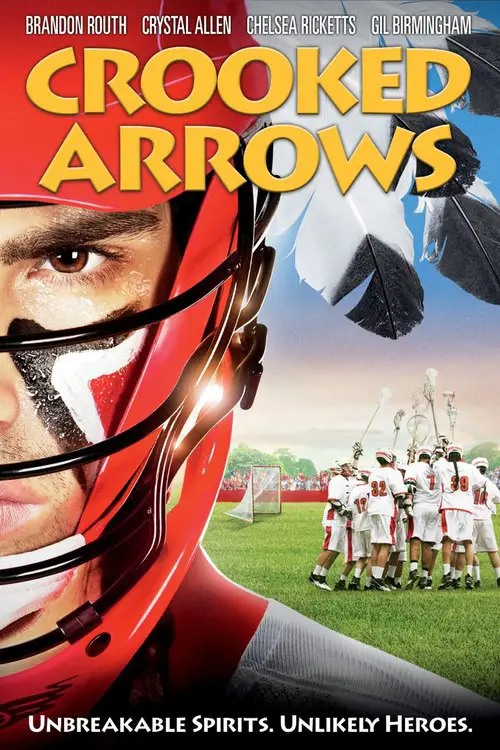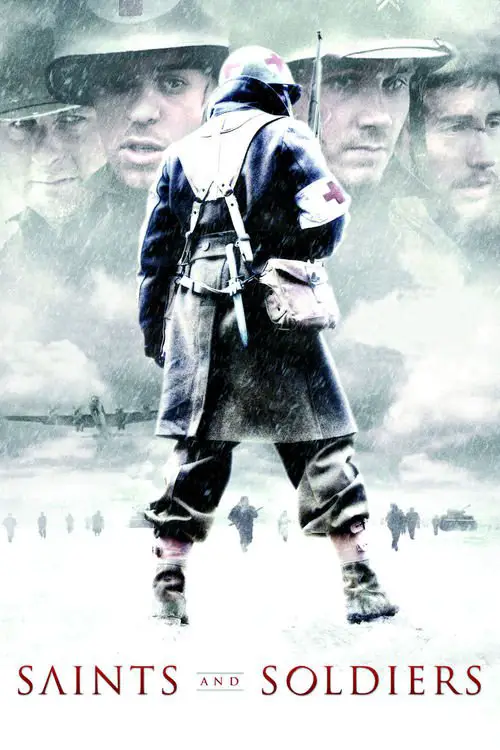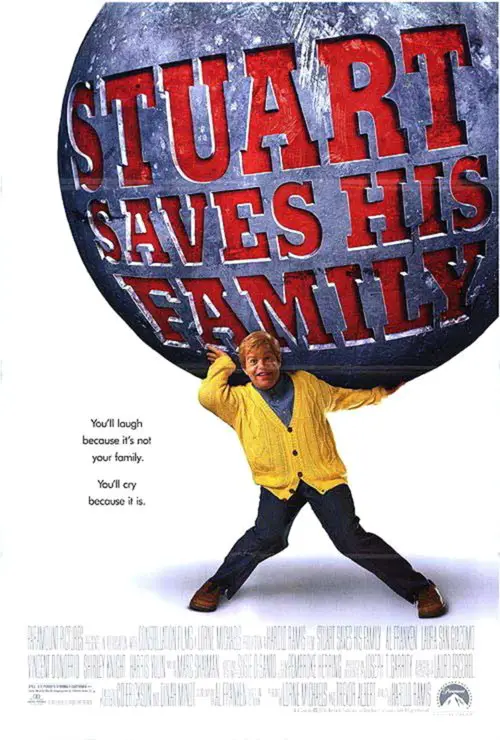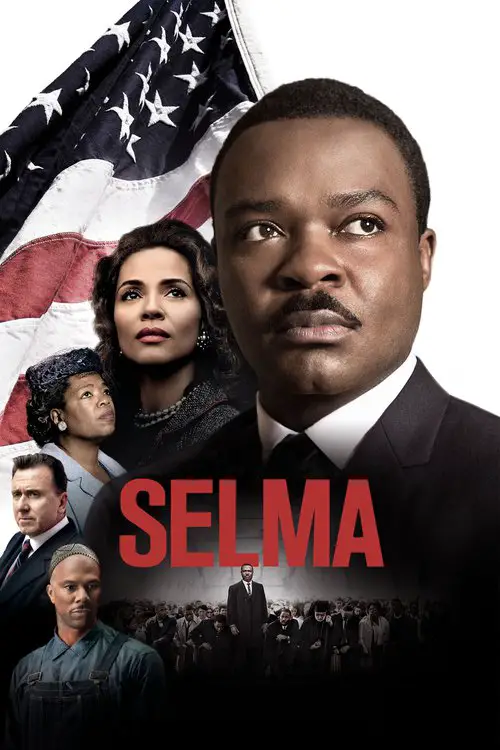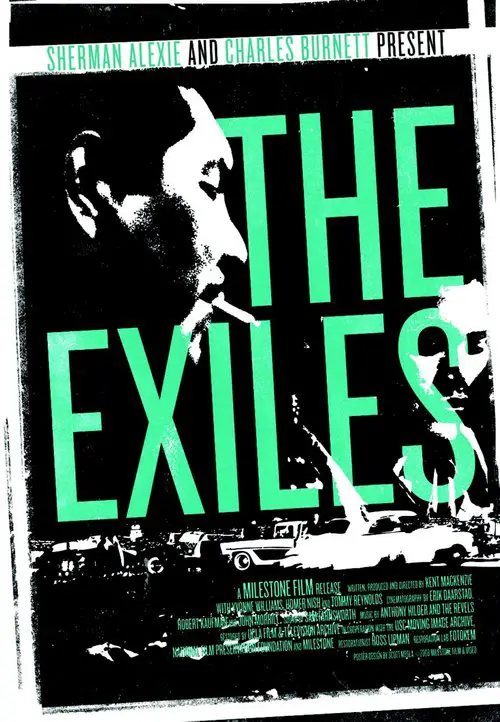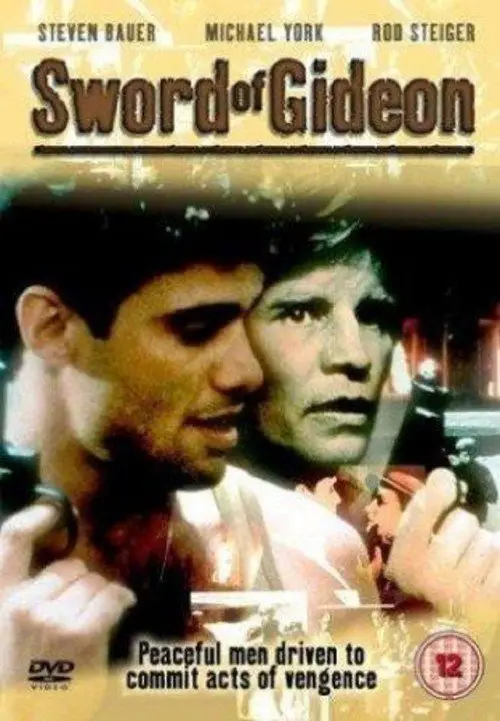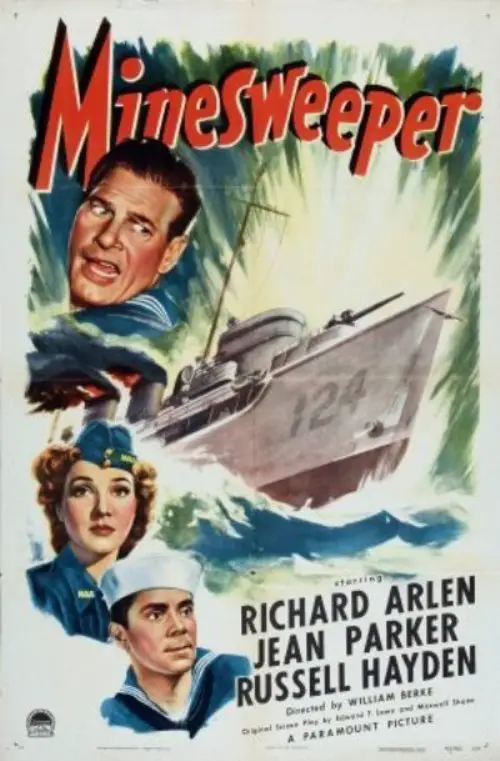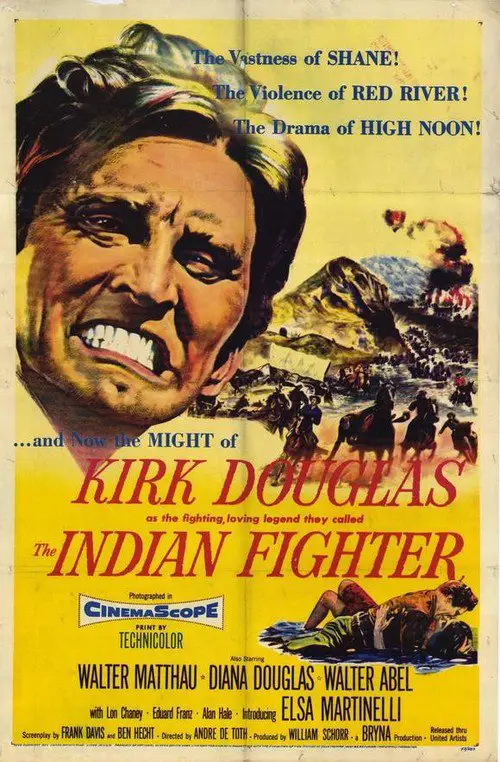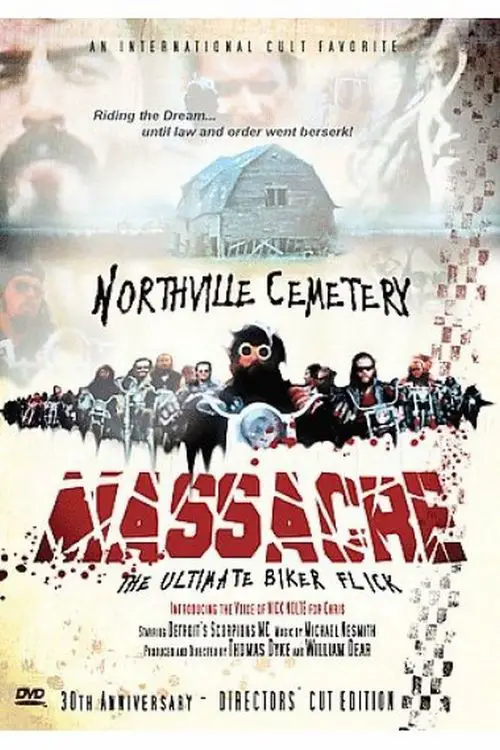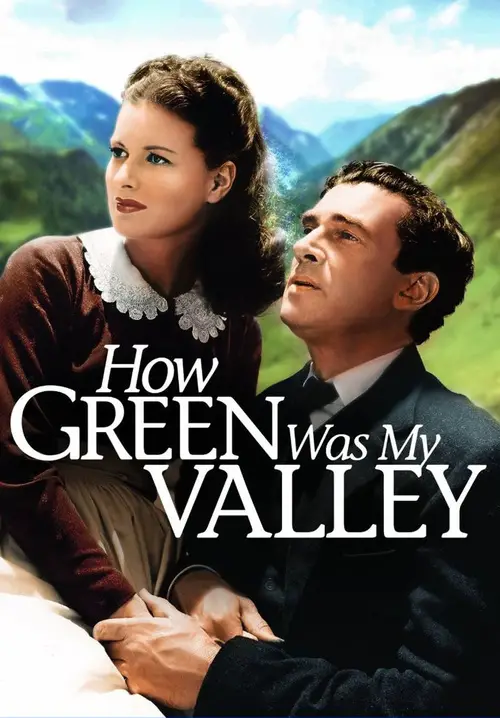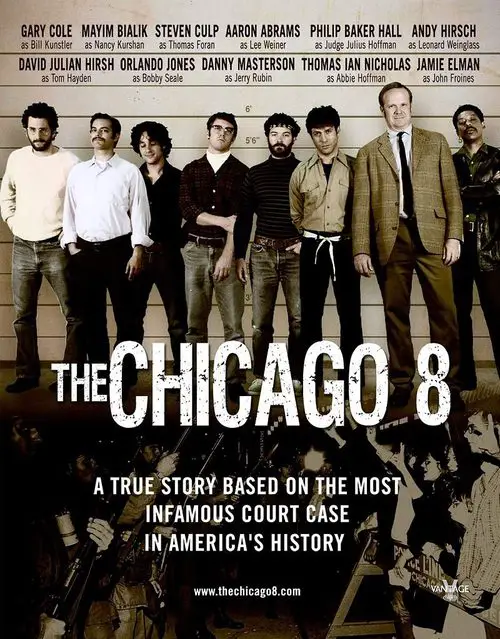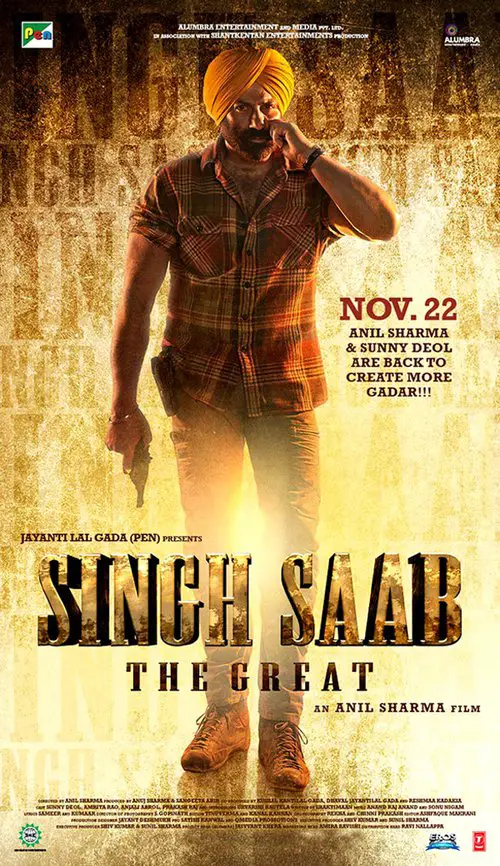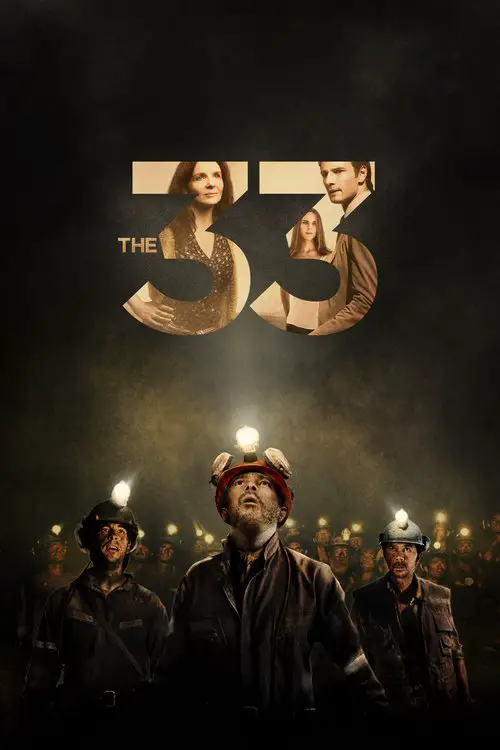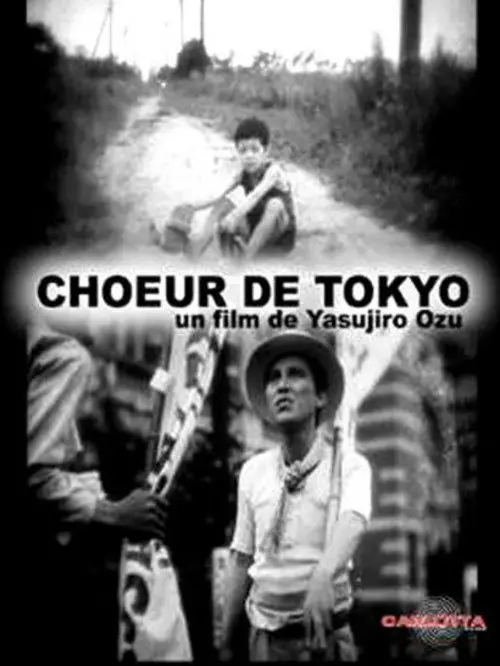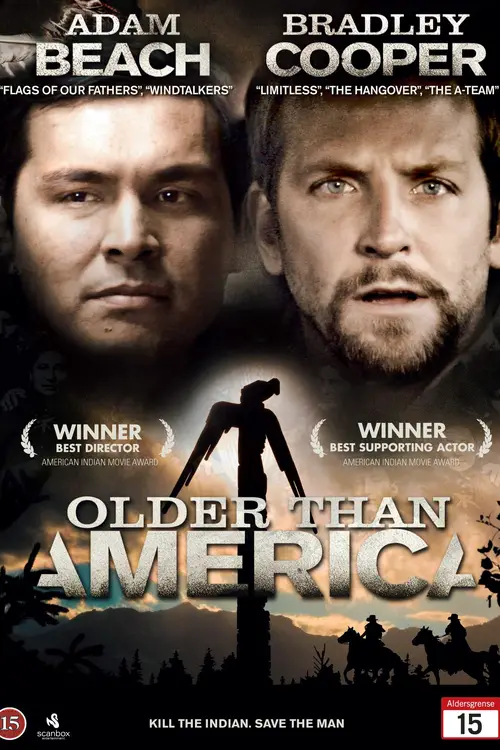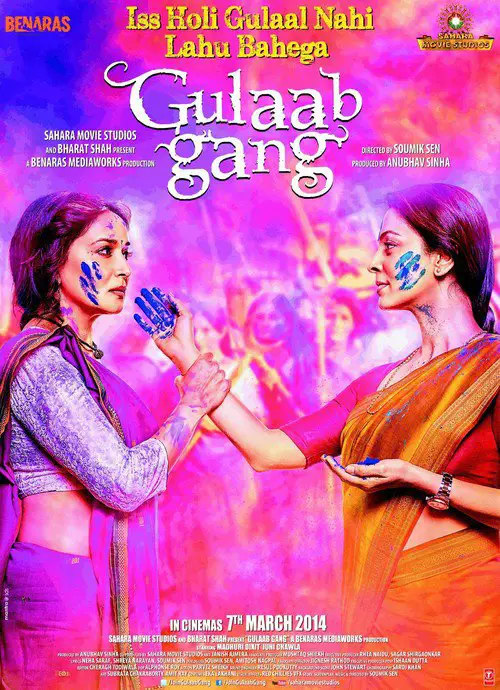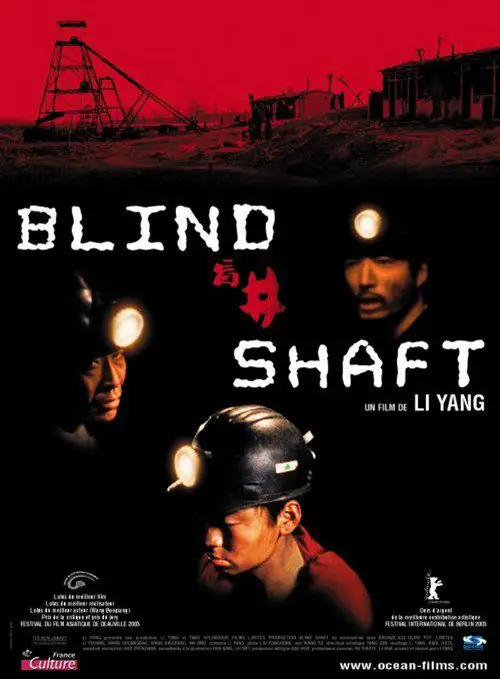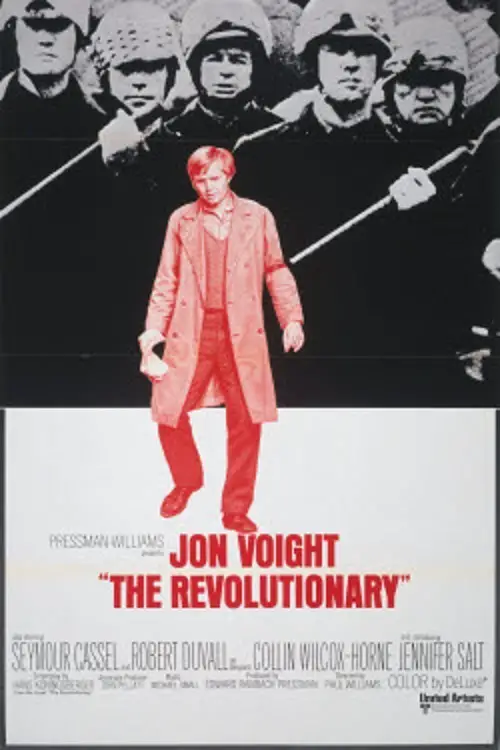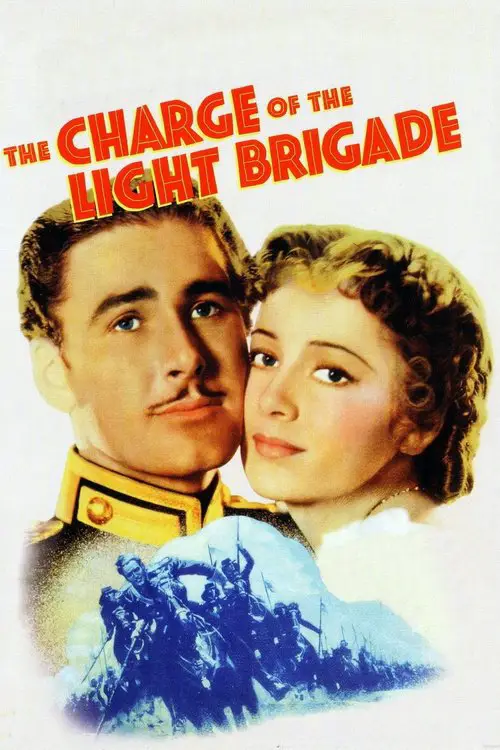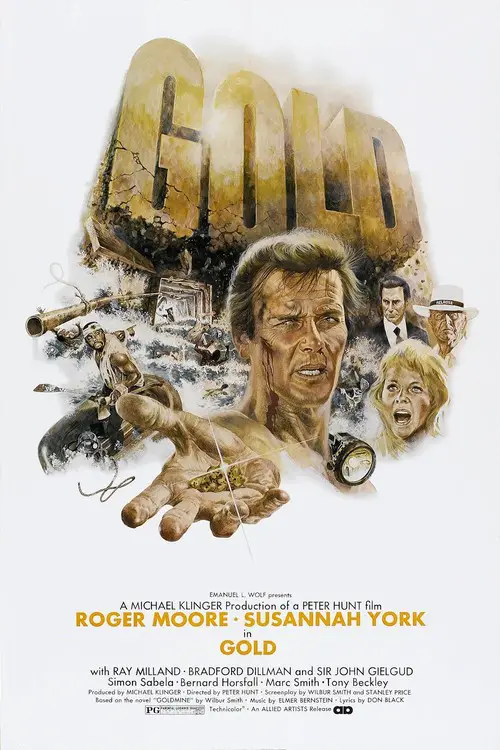Lakota Woman: Siege at Wounded Knee (1994)
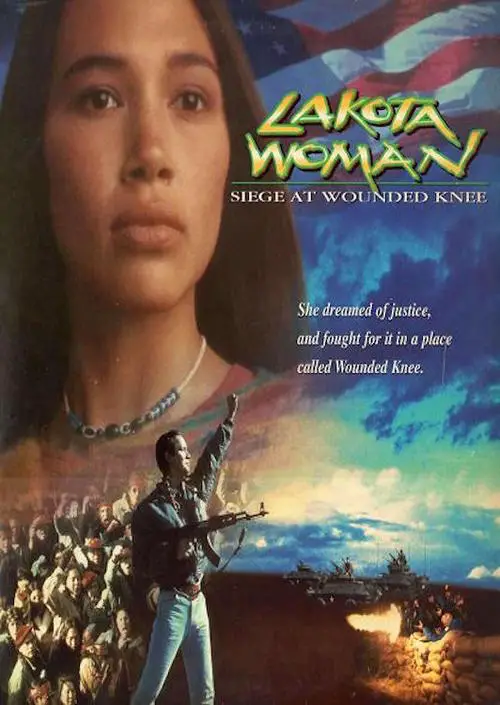
Similar movies
Kansas, 1868. A wagon train is attacked by a band of Lakota Sioux led by the young and athletic warrior Tokalah. The attractive, red haired Anna Brewster-Morgan and her friend Sarah White are on this wagon train too. When Tokalah noticed a terrified Anna with a Bible, he thinks this is an omen. Despite killing the other passengers of the wagon train, only Anna and Sarah may continue their voyage. The next day Anna and Sarah are kidnapped by Tokalah. At first terrified of her captors, the unhappily married Anna eventually falls in love with the noble, honorable Tokalah. After a year's captivity, Sarah is returned to her own people. Anna now must choose between her new life with T
Lord John Morgan has returned to civilized life in England, but finds he has nothing but disdain for that life. Yearning to embrace the simplicity of the American West-and the Yellow Hands Sioux tribe he left behind, Morgan returns to the tribe's land only to discover that they've been decimated by ruthless, government-backed fur traders. They must regain their land, led by Horse.
Beginning just after the bloody Sioux victory over General Custer at Little Big Horn, the story is told through two unique perspectives: Charles Eastman, a young, white-educated Sioux doctor held up as living proof of the alleged success of assimilation, and Sitting Bull the proud Lakota chief whose tribe won the American Indiansâ last major victory at Little Big Horn.
In 1893, Gandhi is thrown off a South African train for being an Indian and traveling in a first class compartment. Gandhi realizes that the laws are biased against Indians and decides to start a non-violent protest campaign for the rights of all Indians in South Africa. After numerous arrests and the unwanted attention of the world, the government finally relents by recognizing rights for Indians, though not for the native blacks of South Africa. After this victory, Gandhi is invited back to India, where he is now considered something of a national hero. He is urged to take up the fight for India's independence from the British Empire. Gandhi agrees, and mounts a non-violent non-cooperation campaign of unprecedented scale, coordinating millions of Indians nationwide. There are some setbacks, such as violence against the protesters and Gandhi's occasional imprisonment. Nevertheless...
Walkout is the true story of a young Mexican American high school teacher, Sal Castro. He mentors a group of students in East Los Angeles, when the students decide to stage a peaceful walkout to protest the injustices of the public school system. Set against the background of the civil rights movement of 1968, it is a story of courage and the fight for justice and empowerment.
Steven Spielberg executive produced this TNT miniseries about American Westward expansion during the 19th century. Told from both the perspective of the white Wheeler family and the Native American Lakota tribe, the 12-hour epic follows the clans as they struggle to find their place in a country confounded by turmoil and change.
The Stars Look Down is based on A. J. Cronin's 1935 novel of the same name, about injustices in a mining community in North East England. While the novel follows the development of three young men in the small mining town, the film focuses on just one of them; the smart David Fenwick who gets a scholarship to university, meets a girl who only marries him because her former boyfriend has abandoned her, and eventually returns to the mine town as a teacher and takes part in a futile rescue effort when the mine is flooded, trapping both his father and his younger brother.
After a brutal injustice occurs on a Native American reservation, a son must find redemption for the actions of his past. Road to Paloma is the beautiful journey of two bikers traveling across America's vast west. While Native American Wolf (Jason Momoa) is being pursued by the FBI for having taken the law into his own hands, when his mother was raped and killed on their reservation he crosses paths with Cash (Robert Mollohan), a down and out musician who is coping with the end of his marriage. An unlikely friendship develops, as they ride together towards the Teton mountain range, where Wolf will spread his mothers ashes.
Report reaches the US cavalry that the Apache leader Ulzana has left his reservation with a band of followers. A compassionate young officer, Lieutenant DeBuin, is given a small company to find him and bring him back; accompanying the troop is McIntosh, an experienced scout, and Ke-Ni-Tay, an Apache guide. Ulzana massacres, rapes and loots across the countryside; and as DeBuin encounters the remains of his victims, he is compelled to learn from McIntosh and to confront his own naivity and hidden prejudices.
Thousands of activists arrive in Seattle, Washington in masses to protest the WTO Ministerial Conference of 1999 (World Trade Organization). Although it began as a peaceful protest with a goal of stopping the WTO talks, it escalated into a full-scale riot and eventually, a State of Emergency that pitted protesters against the Seattle Police Department and the National Guard.
Black Sun: The Nanking Massacre, also called Men Behind the Sun 4, is a 1994 Hong Kong film directed by Mou Tun Fei and is in many ways considered to be a follow up to the 1987 shockumentary film, Men Behind the Sun. The movie depicts the events behind the Nanking Massacre committed by the Imperial Japanese army against Chinese citizens and refugees during the Second Sino-Japanese War. Like Men Behind the Sun, the film was both criticized and praised for its brutal portrayal of the Japanese atrocities, such as the notorious contest to kill 100 people using a sword, during the early and late stages of World War II, but at the same time was questioned over historical accuracy and violence which gave the film a more exploitation feel to it.
Life is rough in the coal mines of 1876 Pennsylvania. A secret group of Irish emigrant miners, known as the Molly Maguires, fights against the cruelty of the mining company with sabotage and murder. A detective, also an Irish emigrant, is hired to infiltrate the group and report on its members. But on which side do his sympathies lie?
After a cavalry group is massacred by the Cheyenne, only two survivors remain: Honus, a naive private devoted to his duty, and Cresta, a young woman who had lived with the Cheyenne two years and whose sympathies lie more with them than with the US government. Together, they must try to reach the cavalry's main base camp. As they travel onward, Honus is torn between his growing affection for Cresta.
Simon (Bruce Davison), a student at a fictional university in San Francisco (based on San Francisco State College) is indifferent to the student protests around him, until walking in on a naked woman (Kristina Holland) in his dormitory roommate's bed. While she quickly runs over to the toilets to dress, Simon protests to his roommate that their time should only be devoted to studying, so they can get good jobs and lots of money. Coming back clothed, the woman refuses setting another date with the roommate because she'll be busy protesting. She explains the university's plan to construct a gymnasium in an African-American neighborhood, thus causing conflict with the local African American population. She tells him that she and others plan to take over one of the university's buildings.
History comes gloriously to life in Disney's epic animated tale about love and adventure in the New World. Pocahontas is a Native American woman whose father has arranged for her to marry her village's best warrior. But a vision tells her change is coming, and soon she comes face to face with it in the form of Capt. John Smith.
Catch a Fire is a 2006 historically based drama about anti-apartheid activists in South Africa, focussing on the life of Patrick Chamusso, an timid foreman at Secunda CTL, the largest synthetic fuel plant in the world, who in 1980 is wrongly accused, imprisoned, and tortured for an attempt to bomb the plant. The injustice transforms the apolitical worker into a radicalised insurgent, who then carries out his own successful sabotage mission.
In South Dakota, in an Indian reservation, an old storyteller Indian asks his grandson Shane, who is in trouble owing money to some bad guys, to take his old pony and him to Albuquerque to the great powwow, an Indian meeting. While traveling, Grandpa tells mysterious Indian tales of love, friendship and magic.
Eric Smallhouse is a Native American who believes it's his destiny to lead his people back to the old ways. Undaunted by his complete lack of knowledge about those ways, he drags his son on a quest to reclaim the past. Failing miserably, Eric begins to think that the modern world with its modern conveniences is the real enemy, and his antics soon leave him on the run from the authorities.
In the early 1980s, South Korea is torn by student protests over the lack of representation in the government. Song Woo-Seok is a successful attorney in Busan specializing in tax law. His views regarding civil liberties are changed by student activist Park Jin-woo. When Jin-Woo is brutally tortured and put on trial for his activism, Woo-seok decides to defend Jin-woo as his client.
As a parting shot, fired reporter Ann Mitchell prints a fake letter from unemployed "John Doe," who threatens suicide in protest of social ills. The paper is forced to rehire Ann and hires John Willoughby to impersonate "Doe." Ann and her bosses cynically milk the story for all it's worth, until the made-up "John Doe" philosophy starts a whole political movement.
Native Americans in Los Angeles. For 12 hours one Friday night, from late afternoon until dawn, we follow a handful of urban Indians. Yvonne is pregnant, commenting on her life and dreams as she shops, walks home, cooks dinner, and watches her husband Homer leave with his friends. Homer and his pals go bar hopping, play some poker, and end up, bottles in hand, with other Indians on a hilltop. During the night, the men pick up women, there are fights, there's camaraderie, and Homer reflects on life in the city versus life on the reservation. At dawn, Yvonne watches Hector from a window as he and two pals and two women head somewhere. "Let's do it again tonight," says one.
In Warsaw in 1980, the Communist Party sends Winkel, a weak, alcoholic TV hack, to Gdansk to dig up dirt on the shipyard strikers, particularly on Maciek Tomczyk, an articulate worker whose father was killed in the December 1970 protests. Posing as sympathetic, Winkel interviews the people surrounding Tomczyk, including his detained wife, Agnieszka.
The bikers are the heroes and the lawmen are the villains in this vintage action drama. The Spirits are a motorcycle club who ride the highways and country roads of Michigan; while they look rough, wear beat-up denim and favor Harley Davidsons, the Spirits are good guys at heart, more likely to help a stranger change a flat tire than rough him up. Northville Cemetery Massacre is a 1976 motorcycle exploitation film written and directed by William Dear and Thomas L. Dyke. Nick Nolte did an uncredited voice over for the film's lead actor, David Hyry.
Romero is a compelling and deeply moving look at the life of Archbishop Oscar Romero of El Salvador, who made the ultimate sacrifice in a passionate stand against social injustice and oppression in his county. This fil chronicles the transformation of Romero from an apolitical, complacent priest to a committed leader of the Salvadoran people.
The setting is Detroit in 1995. The city is divided by 8 Mile, a road that splits the town in half along racial lines. A young white rapper, Jimmy "B-Rabbit" Smith Jr summons strength within himself to cross over these arbitrary boundaries to fulfill his dream of success in hip hop. With future and the three one third all he has to do is not choke.
City of Life and Death takes place in 1937, during the height of the Second Sino-Japanese War. The Imperial Japanese Army has just captured the then-capital of the Republic of China, Nanjing. What followed was known as the Nanking Massacre, or the Rape of Nanking, a period of several weeks wherein tens of thousands of Chinese soldiers and civilians were killed.
Mr. Omura, a teacher, leads a group of male students in an outdoor drill. One slight, comic young man, Shinji Okajima, has no shirt under his jacket; he scratches at fleas and makes faces behind Omura's back. Jump ahead several years, Shinji is married with three children. He sells insurance, and on the company's annual bonus day, he protests when an older worker is fired. Shinji loses his own job as a result, and he and his wife must find ways to cope. Lassitude, pride, the demands and needs of young children, and relationships from bygone school days all play a part in the outcome of their struggle.
The truth of the past come to light in a series of haunting visions in this drama. The strange visions grow more vivid with each passing day, a young woman of Native American heritage begins piecing together a Catholic priests diabolical plot to prevent her mother from revealing the atrocities that unfolded at a Native Indian boarding school.
"A", a member of a student protest organization, becomes disenchanted by his group's inability to effect real change. Emboldened to pursue more radical methods by the older, experienced leftist organizer Despard, "A" unwittingly becomes party to a labor strike that turns violent. Ultimately held responsible by the authorities for the fracas, "A" allies himself with terrorist Leonard, who intends to avenge those jailed in the protest.
After a rock fall at a South African gold mine, the rescue party, headed by Rod Slater (Roger Moore) are puzzled to discover the body of general manager Frank Lemmer in the prohibited Big Dyke area of the mine. Meanwhile in London, the mine's managing director, Manfred Steynerr, is hatching a plot against its owner Harry Hirschfeld (Ray Milland) with English financier Farrell (John Gielgud). There is a vast underground lake, which if released would flood and destroy the gold field, raising the price of gold. This is the project Lemmer was involved with when he met his death. Slater must now be persuaded - innocently - to take his place and is shown a doctored copy of a survey showing a stream of gold beyond the Big Dyke, which Steyner encourages him to excavate. Slater encounters a plot of deception and intrigue, as well as finding romance in the form of Steynerr's wife Terry (Susnnah York). Slater is called on to save the mine and its workers when the conspirators try to blow it up.
© Valossa 2015–2026
| Privacy Policy
